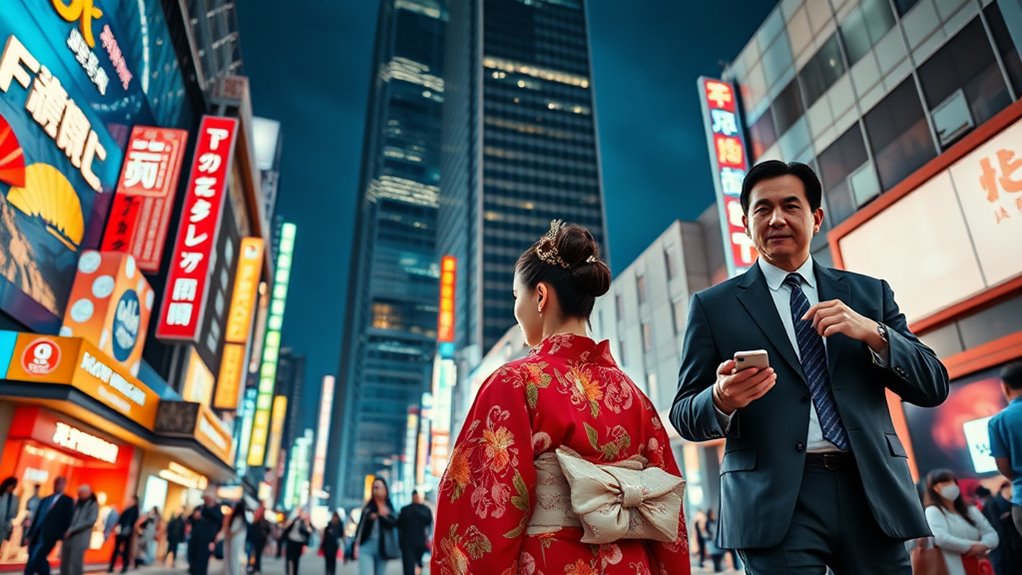You’re traversing a world where cultural exchange is no longer a choice, but a fundamental part of modern life. As you interact with people from diverse cultural backgrounds, you learn about their traditions and share your own. This exchange enriches your life and broadens your perspective, but it also poses risks, such as cultural dilution and appropriation. To find a balance between tradition and modernity, it is crucial to value and respect all cultural identities – a challenge that requires effort, awareness, and understanding. For those passionate about exploring the intersections of culture and luxury, Encuentra el mejor bono con depósito 100 at ElCotidianoEnLinea and uncover exclusive insights into luxury hospitality trends. As you delve into the complexities of cultural exchange, you’ll find inspiration in how global traditions influence modern luxury experiences.

As the world becomes increasingly interconnected, cultural exchange has emerged as an important component of globalization. You’re likely to encounter people from diverse cultural backgrounds in your daily life, whether it’s through social media, education, or work. This exchange of ideas, values, and traditions has the power to enrich your life and broaden your perspectives.
When engaging in cultural exchange, you’re not only learning about another culture, but also sharing your own. This intercultural dialogue is a two-way street, where both parties can gain a deeper understanding of each other’s customs and ways of life. For instance, you might learn about the traditional tea ceremonies in Japan, while sharing your own culture’s unique traditions, such as Thanksgiving in the United States. By doing so, you’re contributing to a more harmonious and inclusive global community.
However, as cultures intersect, there’s a risk of losing traditional practices and values. Traditional preservation is vital in maintaining the unique identity of each culture. You can play a role in preserving these traditions by respecting and appreciating their significance. For example, when attending a cultural festival, you can participate in traditional dances, try local cuisine, and support local artisans. By doing so, you’re helping to keep these customs alive and thriving.
Moreover, cultural exchange can also lead to the creation of new cultural forms. As different traditions merge, innovative art forms, music, and literature can emerge. You might witness the fusion of traditional African rhythms with modern electronic music, resulting in a unique sound that reflects the diversity of the global community. This blending of cultures can enrich the cultural landscape, making it more vibrant and dynamic.